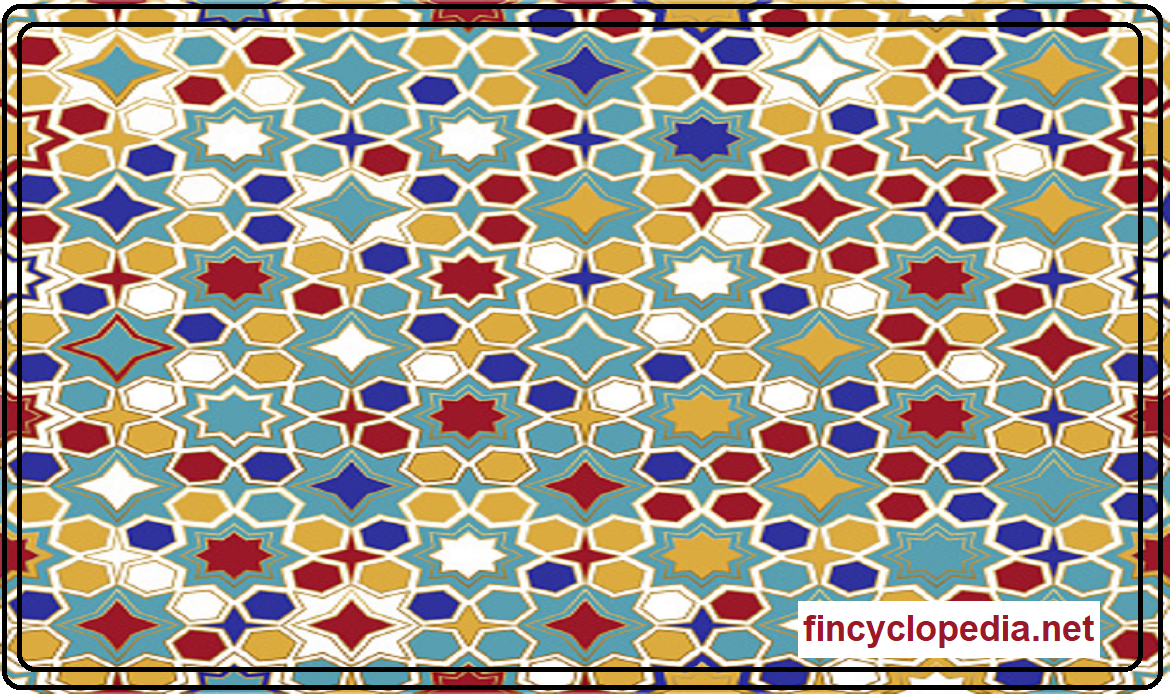A shar’iah-compliant equivalent to conventional put option. The put option gives the holder the right, without the obligation, to sell an underlying asset at a specified price (known as the strike price/ exercise price), over or by the end of a specific period of time (expiration date). Against this right, the holder pays a premium to the seller (writer) of the put. A put option allows its holder to profit and/ or hedge against declines in market prices. However, in its shari’ah-compliant form, a put option can only used for hedging purposes, where the amount of arboun (the down-payment) serves as the option’s premium (option’s price).
The Islamic put is modeled on arboun/ urboun (specifically in the case of a put option, the so-called reverse arboun/ reverse urboun). By definition, reverse arboun is an agreement by and between two parties to the effect that if the seller breaches any of a set of contractual terms and conditions, the buyer shall be compensated by an amount exceeding the originally posted down-payment (amount of arboun).




